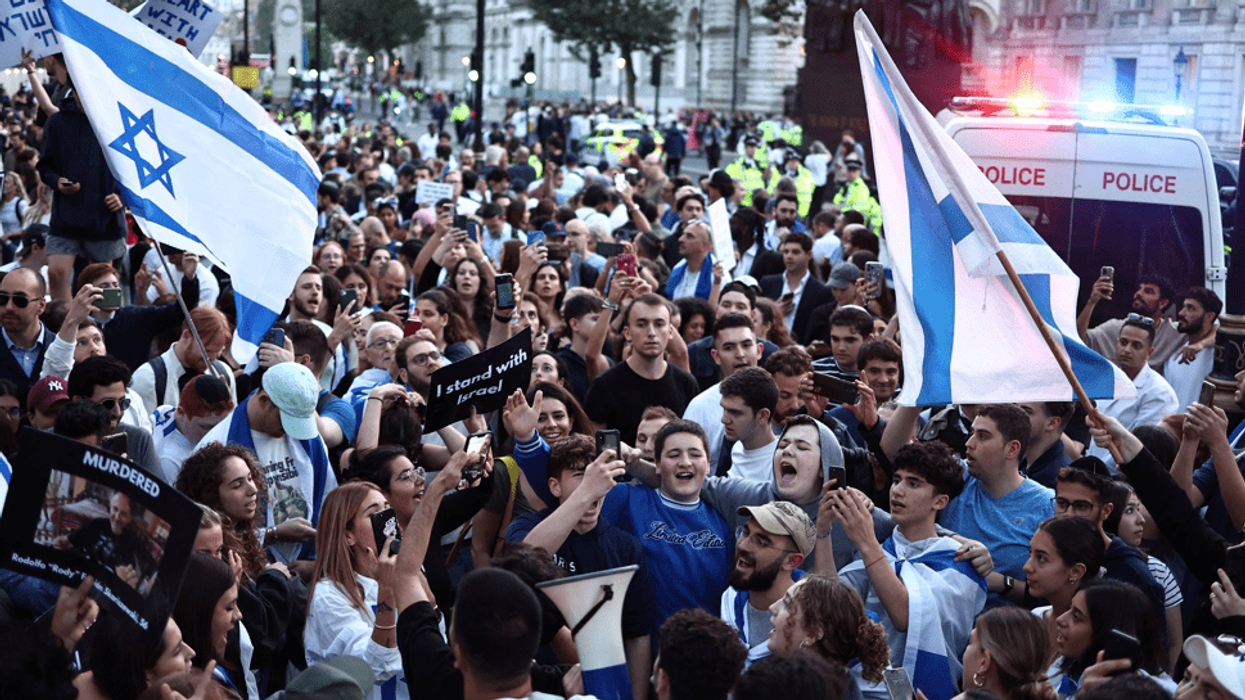THE government is pressuring the BBC to refer to Hamas as “terrorists” instead of “militants” or “fighters” in its news reports.
But ministers should reflect on the consequences of taking such a stance. The BBC is part of British soft power precisely because it is independent of government.
Take, for example, the occasion when the Indian government reacted badly to the BBC’s two-part documentary on Narendra Modi earlier this year. The UK government resorted to its usual get-out of-jail card – it pointed out that however much it might disagree with the film, it could not tell the BBC what to do because it was an independent organisation.
If the BBC gives in over Hamas, this and future British governments will have made a rod for themselves. It will be asked by foreign administrations to intervene over BBC reports that they might not like.
Addressing a Jewish community vigil opposite Downing Street last Monday (9), the immigration minister Robert Jenrick condemned Hamas to loud cheers: “Let us be clear what the world has witnessed. These weren’t, as some in the media say, militants or fighters. They were terrorists. They were murderers. They were barbarians, and the BBC or whoever else we see on the television should say it as it is.”
John Simpson, world affairs editor of BBC News, hit back: “British politicians know perfectly well why the BBC avoids the word ‘terrorist’, and over the years plenty of them have privately agreed with it. Calling someone a terrorist means you’re taking sides and ceasing to treat the situation with due impartiality.
“The BBC’s job is to place the facts before its audience and let them decide what they think, honestly and without ranting. That’s why, in Britain and throughout the world, nearly half a billion people watch, listen to and read us. There’s always someone who would like us to rant. Sorry, it’s not what we do.”
If the BBC was seen to be taking sides, it could not report from both sides of a dispute. I knew my language was monitored by the Iranian authorities during long years in Iran when I reported on the students who took hostages at the US embassy in Teheran, the thousands of executions carried out by the regime, the Iran-Iraq war and the violence in a country in the throes of revolution.
I was very young and inexperienced, but I had to learn how to write several stories a day in the Daily Telegraph without using inflammatory language that would get me thrown out – or worse. It was much the same reporting the Falklands War from Buenos Aires.
Argentina, or stories from other “enemy datelines”.
I think that is the point the BBC is trying to make over covering Hamas. In the long run, it is more advantageous for the government to maintain a distance between itself and the BBC.
One invaluable lesson I learned in Iran was about the radical Islamist theory of chaos. That fitted in with the laws of chaos and the Brownian motion I had learnt in physics and in thermodynamics at university – things proceed from a state of disorder to greater disorder. In other words, things generally get worse.
This, I think, is Hamas’s thinking, which must have known that the Israeli response to its killings of more than 1,000 of its citizens, would be overwhelming. It wants to suck Israel into a state of even greater chaos.
After the 2008 Mumbai massacre, Manmohan Singh, then India’s prime minister, did something very difficult after the killing of 175 innocent people – he showed restraint, avoided “hot pursuit”, and basically did nothing.
Last week, I expressed the hope that the politics of the Israel-Hamas conflict wouldn’t spill over into Britain. It already has.
We are all familiar with the complex background to the Israel-Palestine conflict. I was lucky enough to have grown up with Jewish pupils, who were among my closest friends at school. They belong to a community that has much in common with aspirational British Asians. People know what I mean without having to spell it out. It is best to live in harmony in this country.




